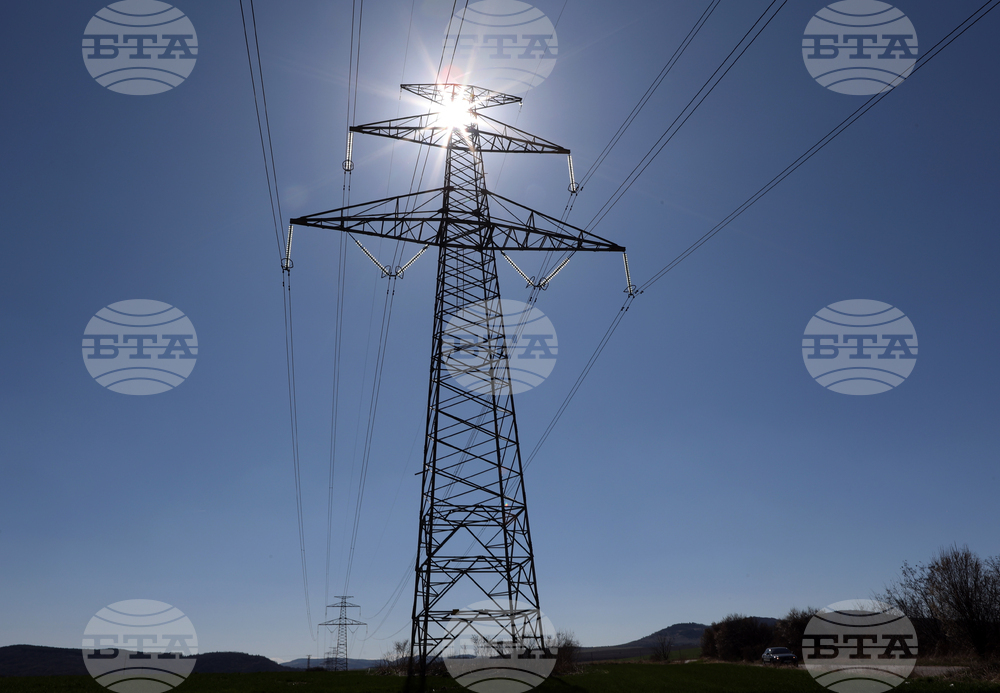site.btaEnergy & Mining Forum Warns of Deepening Production and Liquidity Crisis in Bulgaria's Electric Power System


The Bulgarian Energy & Mining Forum (BEMF) has sent a declaration to the political parties and the media saying that Bulgaria's electric power system is entering a deepening production and liquidity crisis.
During the refuelling of the reactors at Kozloduy NPP, this country turns into a net importer of electricity (an average of more than 1,200 MW in November), which is most marked in the peak hours of consumption - between 5 pm and 9 pm - when photovoltaics stop producing energy. This is largely compensated by the import of expensive electricity, mainly from Greece, which activates the full capacity of its gas-fired power plants. In the course of four or five hours, those plants' load soars from less than 1,000 MW to over 4,000 MW to balance the Bulgarian power system.
Bulgaria also imports electricity from coal-fired power plants in Serbia, Turkiye and North Macedonia, where the price of electricity does not include a carbon surcharge. Given the current exchange prices for natural gas and carbon quotas, Bulgaria's lignite-fired thermal power plants (TPPs) cannot compete with Greek and Romanian gas-fired TPPs. The deteriorating economic situation of the coal-fired plants is further aggravated by the practice whereby the state taxes part of their profits when they sell above the price cap, BEMF said.
Early November data show consistently that coal-fired power plants remain a critically important producer of electricity and account for over 40% on average. Despite the growth of renewable energy sources in Bulgaria, their contribution is insignificant at less than 10% of the energy balance on average so far in November.
The experts expect a power balance deficit of about 600 MW on a normal winter day in view of the limited water volumes in the dams of the hydropower plants. It is estimated, however, that in extreme winter temperatures this deficit may rise to about 1,600 MW. While in previous years the deficits were covered through emergency imports from neighbouring power systems, this will now be impossible as all neighbouring countries are also reporting high energy deficits.
The solutions proposed by BEMF are: to include the ContourGlobal Maritsa East 3 TPP in the energy balance through a temporary capacity mechanism; to replenish the coal reserves of all TPPs; to confirm the deadlines for reconnecting to the grid the Kozloduy NPP and Maritsa East-2 TPP after annual repairs; to develop an economic stabilization programme for the energy companies; and to reinstate the Public Council at the Energy Ministry.
BEMF insists that the National Electricity Company (NEK) prepare and ensure the implementation of a new schedule - with shorter deadlines and secured funding - for the completion of the rehabilitation of the Chaira Pumped Storage Hydro Power Plant.
/MR/
news.modal.header
news.modal.text